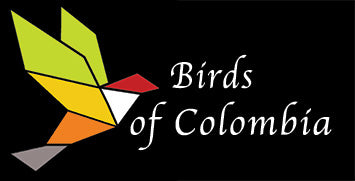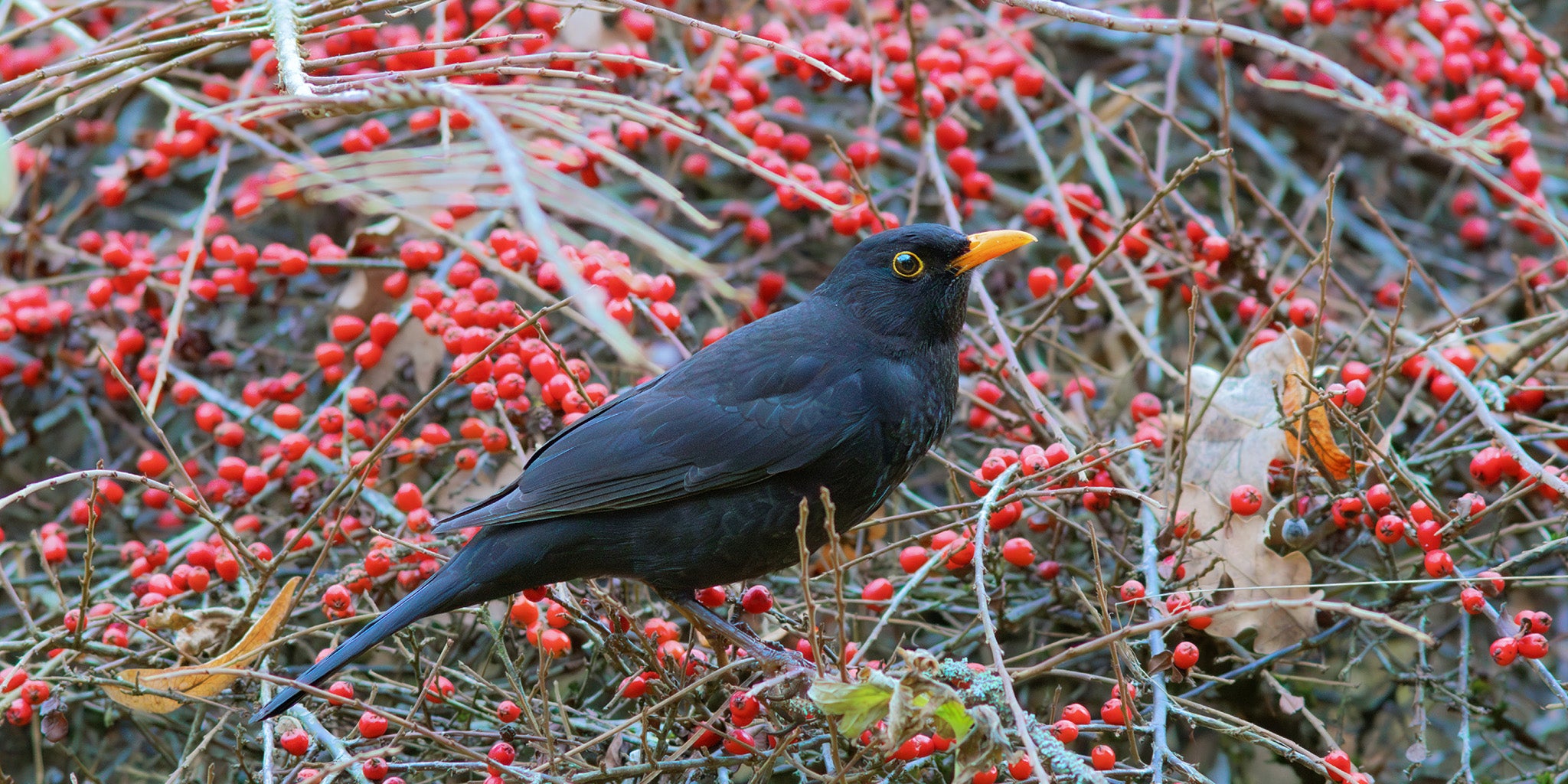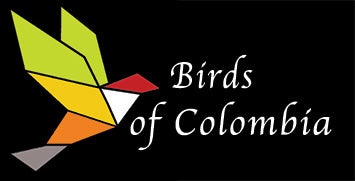Omnivores
Many bird species are omnivorous, meaning they consume a mix of plant matter, fruits, seeds, insects, small animals, and sometimes carrion.
Carnivores
Birds of prey, such as eagles, hawks, falcons, and owls, primarily feed on other animals like rodents, fish, reptiles, and even other birds.
Insectivores
Insect-eating birds play a vital role in controlling insect populations, and they have specialized beaks, claws, and digestive systems adapted for capturing and digesting insects.
Granivores
Seed-eating birds, like finches and sparrows, have strong, thick beaks specialized for cracking open seeds and husks to access the nutritious kernels inside.
Frugivores
Fruit-eating birds, such as thrushes and toucans, help disperse seeds through their droppings, contributing to plant diversity and regeneration in their habitats.
Nectarivores
Birds that feed on nectar, such as hummingbirds and sunbirds, have long, specialized bills and tongues adapted for extracting floral nectar from flowers.
Piscivores
Fish-eating birds, like herons, kingfishers, and pelicans, have sharp beaks, keen eyesight, and agile diving or fishing techniques for catching fish in water bodies.
Molluscivores
Birds that consume mollusks, like shorebirds and some waterfowl, have strong, specialized bills for breaking open shells to access the soft flesh inside.
Scavengers
Scavenging birds, such as vultures and crows, feed on carrion, playing a critical role in cleaning up carcasses and reducing disease transmission in ecosystems.
Filter Feeders
Some waterbirds, like flamingos and some ducks, are filter feeders that use specialized beak structures to sieve small organisms and algae from water bodies.
Specialist Feeders
Certain bird species have highly specialized diets, such as the bee-eater, which predominantly feeds on bees and other flying insects.
Seasonal Variations
Birds may adjust their diets seasonally based on food availability, migrating to regions with suitable food sources or switching to different food types as needed.


